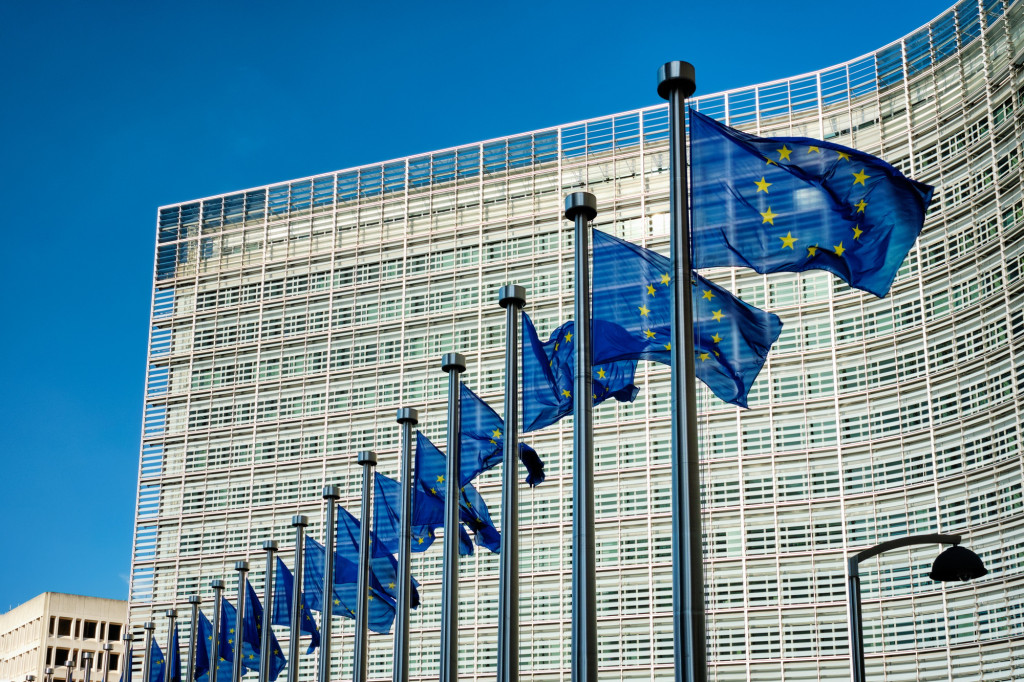The Commission published a report assessing the Digital Services Act’s interaction with other EU laws
The European Commission’s new evaluation of the Digital Services Act outlines where the regulation overlaps with other EU tech laws and how these areas may affect compliance. The findings will guide the Commission’s upcoming digital fitness check, a broader effort to streamline the EU’s digital rulebook alongside the Digital Omnibus package.

The European Commission has published its evaluation report on the Digital Services Act (DSA), outlining how the regulation interacts with other parts of the EU’s digital framework. The report is part of the Commission’s wider effort to simplify existing tech rules and comes days before the presentation of the Digital Omnibus package, which is expected to introduce cuts to several digital laws.
In its assessment, the Commission highlights areas where the DSA overlaps with other EU legislation. One example is the ban on dark patterns, which also appears in the Unfair Commercial Practices Directive, the AI Act, the General Data Protection Regulation, and the Digital Markets Act. According to the report, this overlap requires careful analysis to maintain legal clarity.
The review also notes that transparency requirements in the DSA may intersect with obligations under newer laws, including the regulation on political advertising. In some cases, platforms may be required to provide similar information multiple times, which the Commission says could increase compliance burdens. Other areas identified include the DSA’s provisions on recommender systems and terms and conditions, which the report links to overlapping rules in other parts of the EU acquis.
The publication comes at a moment when the Commission is preparing a wider review of the EU’s digital regulatory landscape. Although the DSA report does not propose changes to the law itself, it states that the findings will serve as input for the forthcoming digital fitness check. The report refers to the regulation as a central element of EU digital governance and states that no legislative amendments are being considered. Instead, the findings will inform the upcoming digital fitness check, an exercise aimed at assessing the coherence and combined impact of EU tech rules. This process will follow the publication of the Digital Omnibus and will not include legislative proposals.
The Commission notes that the review also offers insight for future laws. It points to the Digital Fairness Act, expected in 2026, as one area where lessons from the DSA evaluation may help simplify obligations. Meanwhile, the Digital Omnibus package is expected to propose adjustments to major laws, including the GDPR and the AI Act, according to drafts previously reported by Euractiv.


